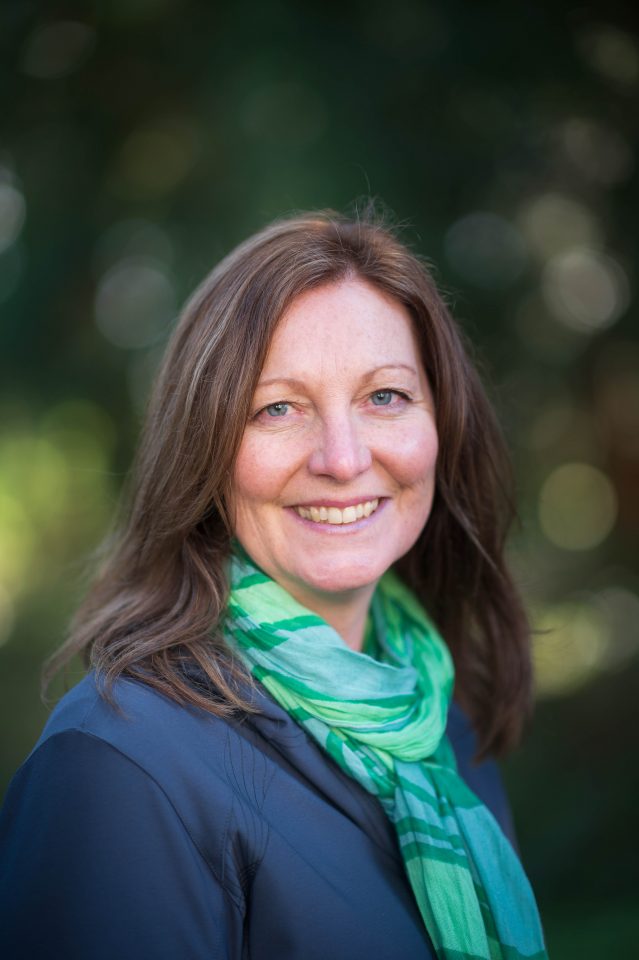How to create record-breaking wildfire seasons in BC: A reflection on recent megafires and their drivers
Location: Beaty Museum Allan Yap Theatre (Basement, 2212 Main Mall). Please speak with the Admin desk on the main floor before going down to the Theatre.
No food or drinks allowed in lecture halls.
Time: 12:30pm to 1:20pm
View Video Here
Talk summary:
British Columbia is smashing wildfire records. The years 2017, 2018, 2021 and 2023 were the four most severe and costly wildfire seasons of the last century. What drives these large, intense, and uncontrollable megafires? Social media is swirling with conspiracy theories about ecoterrorists, arsonists, and lasers from space. In reality, wildfire is driven by climate, weather, and fuels that vary among ecosystems in mountainous landscapes and through time. Global warming, superimposed on a century of colonization land-use change, fire exclusion, and industrial forest management have made many forests highly susceptible to intense fires that exceed modern technologies for control and spread to large sizes with extreme impacts. Revolutionizing forest and fire management will improve ecosystem resilience to climate change, but we will not stop future fires from burning. To successfully adapt, our society must learn to coexist with wildfire

Bio:
Dr. Lori Daniels is a Professor of Forest Ecology in the Department of Forest and Conservation Sciences, where she directs the Tree-Ring Lab at UBC. Lori investigates the impacts of natural and human disturbances and climate change on forests. With her research team, she has on-going projects on wildfires, forest dynamics, and social-ecological resilience to climate change across British Columbia. Her enduring partnerships with local, provincial, and national governments, environmental organizations, forest management companies, community forests, and First Nations ensure her scientific advances are translated to active conservation, restoration and management. She contributed to the Blueprint for Wildland Fire Science in Canada and served as a member of the Canadian Wildfire Strategy Implementation Team and the NSERC-Canada Wildfire Research Network. Since 2015, she has given more than 200 media interviews on wildfires and their impacts on forests and communities. She is among the 150 Canadian Scientists recognized in 2017 for research shaping new frontiers and making our world a better place (#150Scientists). She was acknowledged as a Women Leader in international fire science research in 2018, received the 2019 Canadian Institute of Forestry Scientific Achievement Award, the 2022 James J. Parsons Distinguished Career in Biogeography Award from the American Association of Geographers and the 2023 Distinguished Researcher Award from the Association of Fire Ecologists.